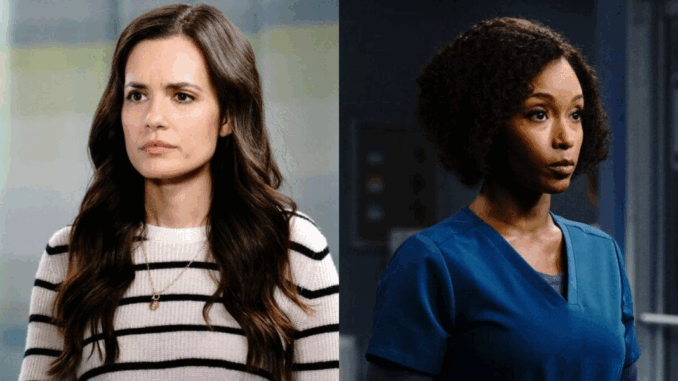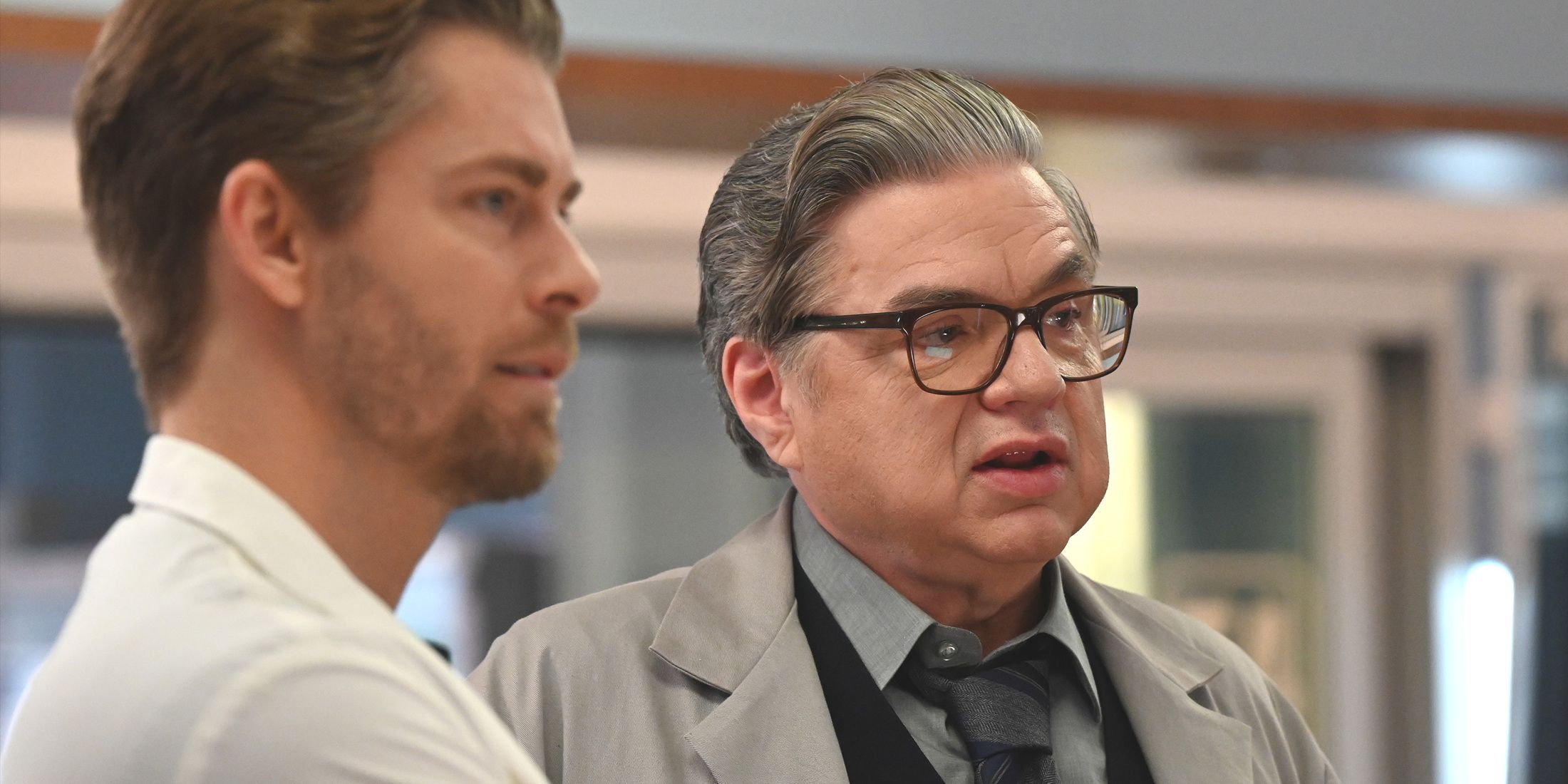
Mitchell is fantastic at building Ripley’s emotional turmoil throughout the story so it gets to the point where his loss of control is believable, and then at conveying the character’s disappointment in himself. Those notes are what give the plot its depth. If there’s a criticism to be had, it’s that this story would have had an even more complex angle with a different patient. If Ripley was willing to literally fight for a patient he didn’t have a personal stake in, then it would be just Ripley also fighting for what he believes in — it takes away the excuse of him being biased. But what is on the screen at least shows how much he’s committed to doing the right thing now, even if he didn’t back then.

Are Chicago Med’s Maggie and Goodwin Stories Too on the Nose?
Both Characters Face Decisions in Season 9, Episode 6
“I Told Myself That I Was Done With You” features two other stories for Maggie Lockwood and Sharon Goodwin respectively. Maggie is still dealing with her divorce from Ben Campbell, with early dialogue revealing that she’s been spending more time in the hospital — even sleeping in the on-call room. Maggie and Archer treat a young man named Caleb, who wants to have a particular surgery that could help him pursue his goal of playing professional basketball. Caleb’s mother Deb is staunchly opposed to the procedure, because their doctor back home in Oakland has told them that Caleb needs to wait another 10 months to have it. Archer offers to speak to the other doctor… but of course, that would tie the plot up too quickly, so instead it’s a conversation that Maggie has with Deb that turns the tide.
Elsewhere, Goodwin learns that her ex-husband Bert has Alzheimer’s dementia, and goes through a phase where she tells Charles how all of Bert’s care is going to fall on her and that “I can’t do it, Daniel.” But she changes her tune when she and Charles find Bert in his living room and she sees how scared he is. This gets the least screen time of all the plots, so that shift in her thinking doesn’t hit quite the way it should. But neither Goodwin nor Maggie’s ex-relationship stories are that interesting. Neither adds much to a Chicago Med episode that reminds viewers the hospital is always in some kind of turmoil. As Ripley learns by the end, sometimes it’s okay to take a step back.
